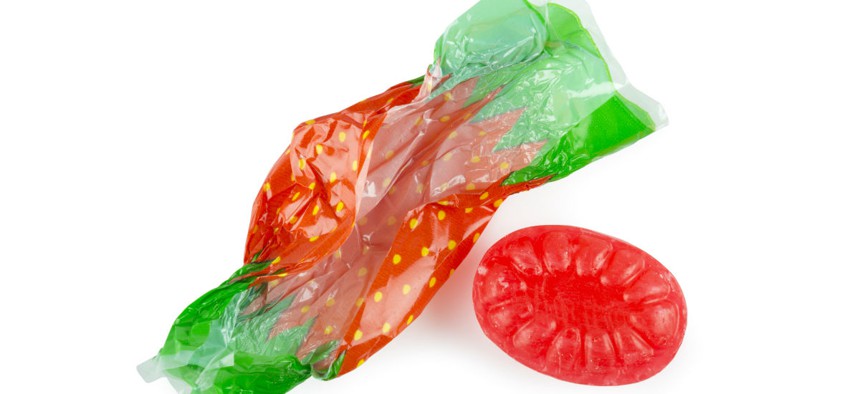
Andrew Burgess/Shutterstock.com
A Life-Changing Decision to Feel and Perform Better
There's one simple thing you can stop doing.
What if there were an inexpensive pill with no side effects that would cure many of your aches and pains, spark weight loss, give you more energy, leave you in a better mood, increase your mental focus, help you get more done and extend and improve your life? You’d line up for that, right? So, first the bad news and then the good news. The bad news is, to my knowledge, there is no such pill. The good news is you can get all of those outcomes without ingesting anything new. It’s the opposite, actually. You just need to stop ingesting added sugar in what you eat or drink.
Of course, the “just” in that last sentence is a loaded word. As cited on a new website, SugarScience.org developed by health scientists at the University of California at San Francisco, added sugar is found in 74% of packaged foods and the average American consumes 66 pounds of added sugar each year. Sugar is hidden in a lot of the things that most Americans eat. There are at least 61 different names for sugar listed on food and beverage labels. And, as you know if you’ve ever tried to stop eating it, sugar is highly addictive. Research shows that it is more addictive than cocaine. The more you eat, the more you want.
Sugar has been a hot topic in our house these past few months. Last Fall, Diane recognized that she was addicted to added sugar and decided to eliminate it from her diet. Since then, she’s experienced all of the positive outcomes I listed at the beginning of this post. I benefitted from her changes too because when I’m not on business travel I eat what she eats. After listening to a panel discussion with Dr. Mark Hyman, the director of the Cleveland Clinic Center for Functional Medicine and a couple of other experts on the On Being podcast, I decided to not just passively follow Diane’s lead on the sugar front but to actively pay attention to what was going in my mouth. That was at the end of last year and in the last month, I’ve lost some weight, have more energy and focus and have noticed that my symptoms from MS are less prominent most of the time.
By eliminating sugar, we’ve made a life changing decision to feel and perform better.
And then, last week, Diane and I proved to ourselves how well eliminating added sugar from our diets was actually working by driving the train off the rails. We were eating dinner in a restaurant hotel where we’re hosting a meeting later this year. The staff knew we were on a “recon mission” and treated us really well. Dinner was awesome and healthy. All was well and then the chef sent out come complimentary desserts of a fruit parfait and gelato. We didn’t want to be rude so we both ate some of the sugar-filled deserts. Boy, was that a mistake! After weeks or months away from sugar, we both felt awful after eating just some of the deserts. Neither of us slept well that night and we both felt bloated, achy, slow and groggy for days. We immediately got back on track the next day but it took awhile to get back to feeling the way we had before desert.
It was a great reminder that we used to feel bloated, achy, slow and groggy fairly consistently and, now, we don’t. In Overworked and Overwhelmed: The Mindfulness Alternative, I write a lot about the physical, mental, relational and spiritual routines that help you show up at your best. For each of those domains of routines, I offer a “Killer App” that is a great place to start or go deeper if you’re only going to focus on one thing. In the physical domain, the Killer App is movement. I stand by that, but if I were to rewrite the book today, I would focus more on what you eat and how important it is to reduce the amount of sugar in your diet. The good news, though, is that there are some great people offering guidance on how to do that. One of the best is Mark Hyman. If you’re ready to feel and perform better, take a look at his article on ten steps you can take to detox from sugar.
Perhaps this post isn’t what you’re used to reading from me but I felt like I had an obligation to share it with you. Mindfulness is about being aware and intentional. That extends to how we support each other as well as what we eat.
(Image via Andrew Burgess/Shutterstock.com)
NEXT STORY: Interior Department Tops Satisfaction Survey







